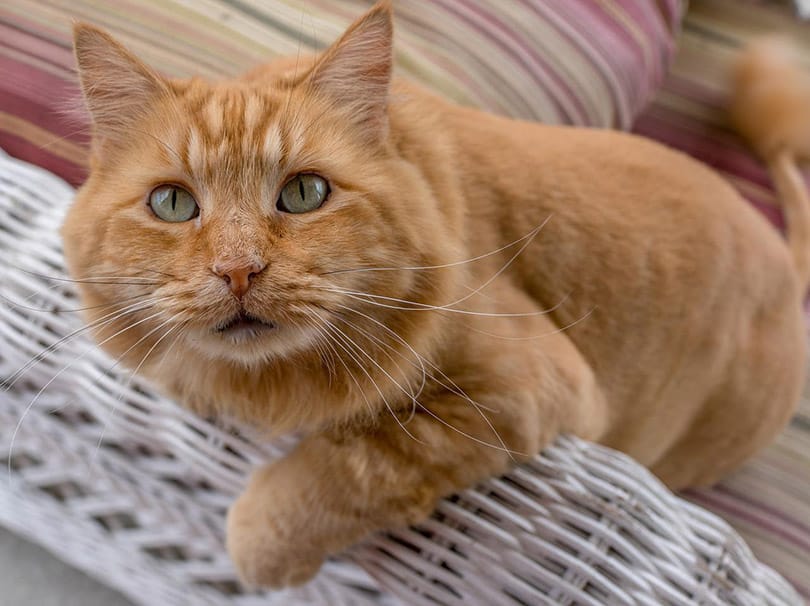Dogs are well-known for being fiercely protective and devoted life companions, while cats are generally stereotyped as aloof and underemotional by comparison, perhaps even a bit standoffish with strangers. However, some cats have been observed to be just as protective as dogs in some cases. Cats love their families as much as their families love them; they just have a different way of showing it. Here’s what you need to know about protective cats.
Human-Cat Relationships: All the Science You Need to Know
A study published in 2011 showed that the relationships between humans and cats were nearly identical to those between humans. While cats are generally stereotyped as being aloof and uncaring, cats pay enormous attention to what you do, when, and how. Your cat probably knows when you deviate from your schedule faster than you do!
There have been numerous examples of cats being protective of their humans in ways that humans can’t protect themselves, such as Pippa, who alerts her family when Mia is about to have a hypoglycemic episode, or this cat, who saved a young boy from a dog attack.
There have been numerous cases of cats alerting their families to health issues, carbon monoxide poisoning, and other things that humans would be unaware of because of their inferior senses of smell and hearing.
Cats vs People: Your Cat and the People It Hates
A protective cat will often try to defend its humans against people it thinks are dangerous. While humans don’t usually perceive other humans as a threat, cats are territorial and assume any interloping humans don’t belong to the colony and threaten the colony’s continued well-being.
Your cat will hopefully come to recognize all the people that come by regularly and accept them into the colony. But if they don’t, keep an eye on that person. Your cat doesn’t like them for a reason.

Signs of an Overprotective Cat
Some cats can be protective to the point where it becomes problematic for the cat or the owner. Pay close attention to your cat’s non-verbal cues to determine when your cat is feeling defensive of you or your shared territory. Here are some familiar non-verbal cues indicating your cat isn’t happy with your interloping friend:
- Eyes dilated
- Pointed ears turned out like satellite dishes
- Sharp tail movements
- Crouched stances
- Exposed teeth or claws
- Hissing
- Growling
- Screeching
- Biting
- Scratching
It’s important to remember that cats feeling protective aren’t angry; they’re afraid, and, in most animals, fear turns into aggression. If you’re having problems with your cat being aggressive to strangers, work to calm your cat and teach them that it’s okay for interlopers to come and go; they present no threat to your cat.
Don’t reward a hostile cat, but don’t punish them. Studies have shown that cats don’t understand punishment the way humans do and won’t associate their behavior with punishment. Don’t console your cat when they’re being aggressive, as it will reinforce the aggressive behavior with positive attention. Instead, walk away from your cat and ignore them. Give them time to work out their feelings without your help and show them that your friends mean no harm.
Final Thoughts
It can be silly to think of cats as protective when stereotyped as aloof. However, your cat probably thinks more about your protection than you do! You may not see how much your cat loves you because its behavior doesn’t line up with typical human behavior, but give them a chance to, and it’ll open right up to you!

